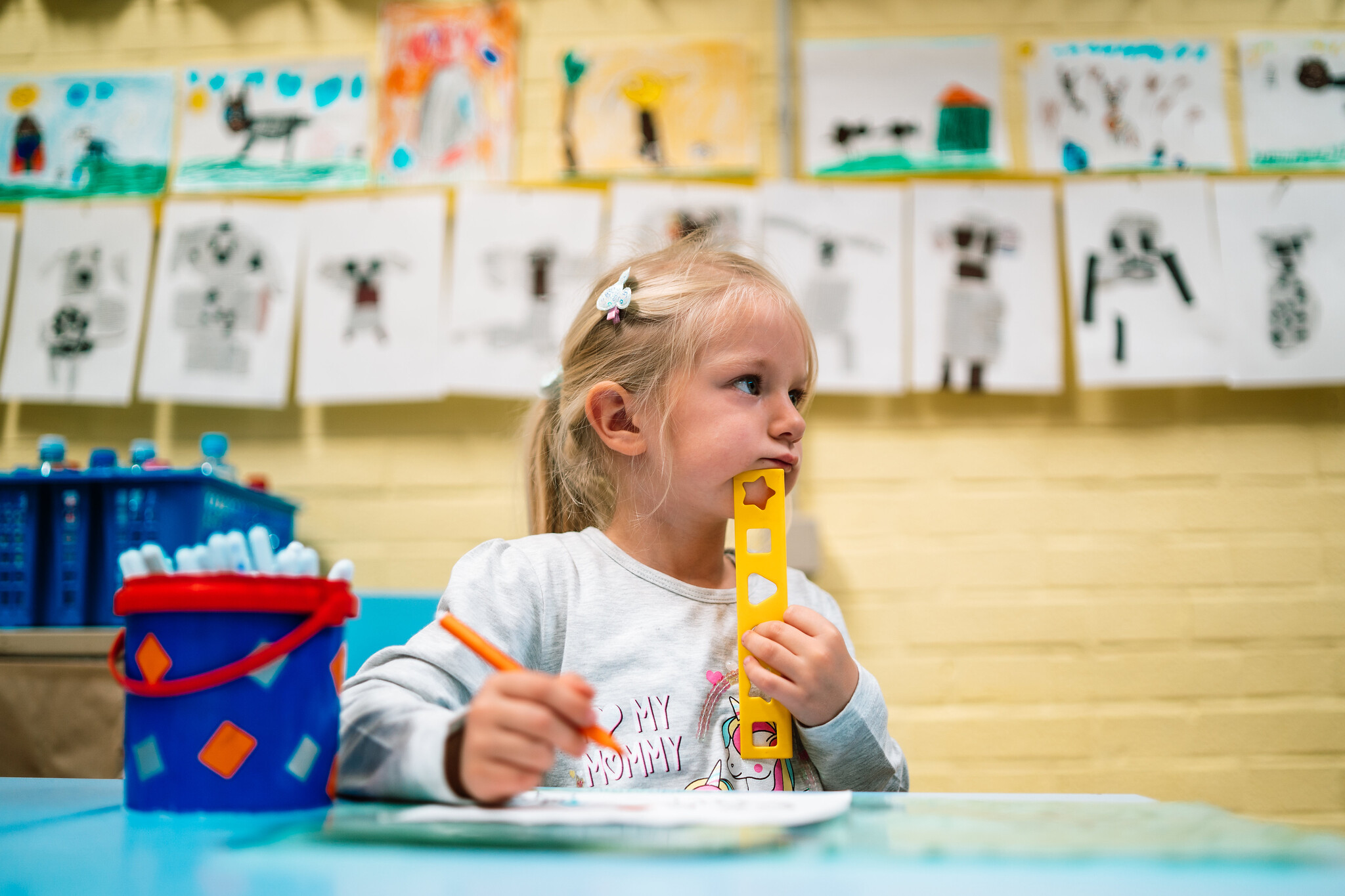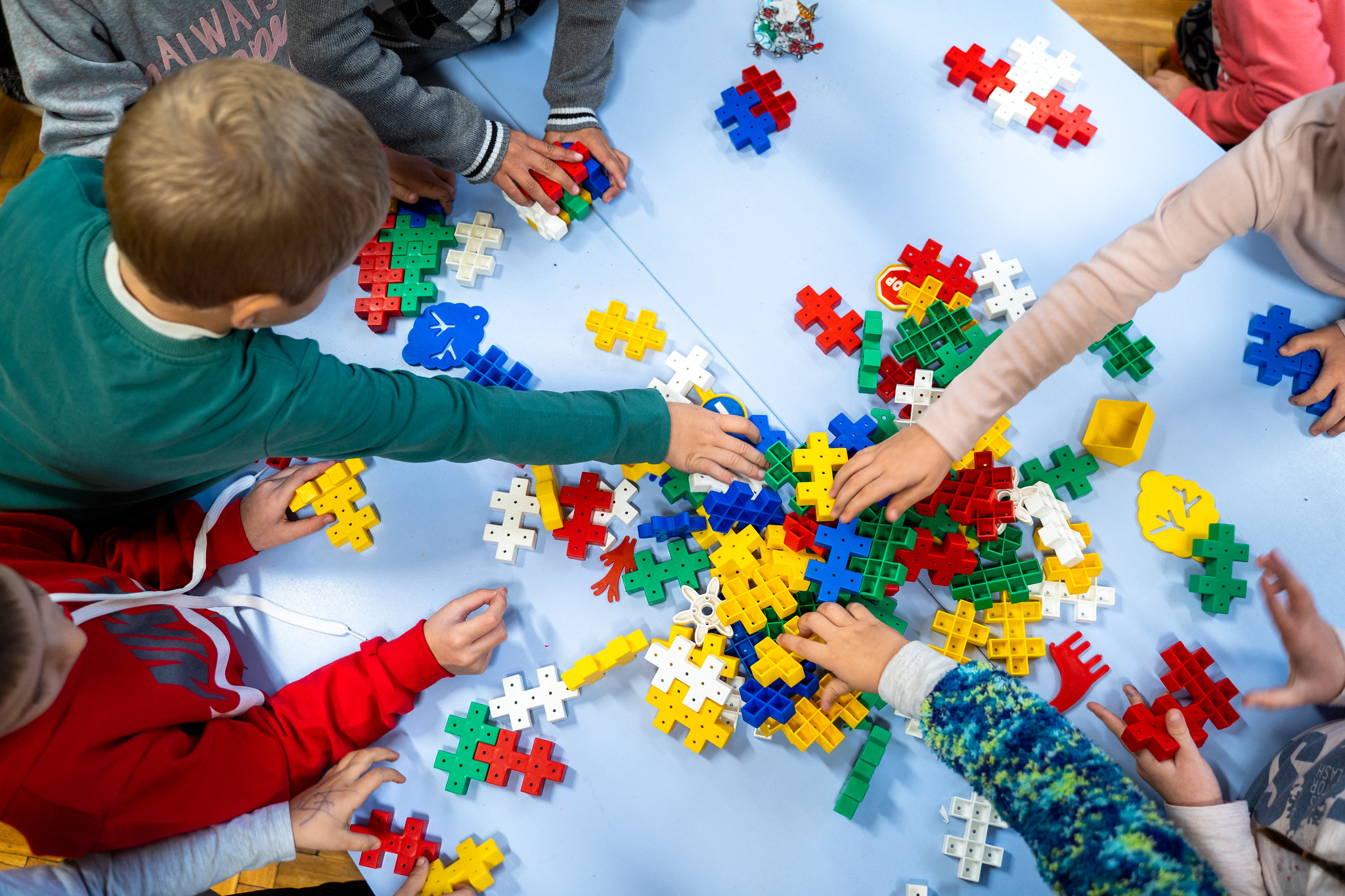Closure of the digital gap, new global education approach, unity and innovation. Here’s how the future of education was discussed during Davos 2021.
This year’s Meeting of the World Economic Forum in Davos was held virtually under the theme “A Crucial Year to Rebuild Trust“. As expected, the focus of all discussions was the need for adaptation due to the COVID-19 pandemic and more efficient global cooperation. Davos 2021 brought together 1,700 participants from governments, businesses and civil society from more than 80 countries who worked together to address the world’s newest economic, environmental, social, technological and educational challenges.
Among else, the panelists discussed the question of what digital skills, policies, practices and partnerships are needed to elevate future-ready employability skills.
At the height of the COVID-19 pandemic, 188 countries closed their schools, affecting 1.54 billion students.
These disruptions provide an opportunity to reset the skills that need to be prioritized in primary and secondary education and beyond.
As a part of panels on the topic of Reimagining education, Henrietta H. Fore (the Executive Director of UNICEF), John Goodwin (the CEO of LEGO Foundation), Angela Duckworth (professor of psychology and popular science author) and others, discussed many aspects of the future of education. We selected the highlights of their discussions for you with an aim to raise awareness about global educational challenges as well as their potential solutions. If you wish to watch all panels of Davos 2021, click right here.

At the height of the COVID-19 pandemic, 188 countries closed their schools, affecting 1.54 billion students.
Right to education is becoming right to connectivity
Once again, the pandemic showed how important it is to close the digital gap. Students and schools that didn’t have equipment for online learning, were left out during the global lockdown. Therefore, improving digital literacy will be a no. 1 priority in the years to come. There are already many initiatives working on solving this challenge. Closing the digital gap will enormously help the problem of inclusivity since this is a “žonce generational opportunity to give everyone access to education.” However, the panelists also agreed that it is important to continue working on building the community of learners – because where the internet can’t reach students, people can.
Innovation,innovation,innovation
You could hear this word on all panels of Davos 2021. When it comes to the future of education, everyone agreed that it is necessary to prepare the young generation for a new workforce that will be needed in the world post COVID.
Innovative thinking was outlined as a crucial future skill for employees.
That’s why education needs to nurture foundational skills, creativity in problem-solving and critical thinking, not only writing and counting skills.

Panelists during Davos 2021 concluded that we need less much less focus on knowledge retention during early years.
A new approach to education
A change in a global education approach is underway. Educational institutions will strive forwards a more holistic approach that will integrate interpersonal skills, ability to be a team player and a team leader. There are two challenges to this change – measurement (standardized test scores are useless in that sense), and how to help educators intentionally cultivate these skills. The panelists shared that currently there is a race for knowledge retention. We are perfecting the measurement of something that is not relevant anymore. It doesn’t help us in raising active contributors to society.
That’s why we need less much less focus on knowledge retention during early years. Acess to knowledge has expanded, so why do we educate in a same way?
Global unity
In order to achieve closure of the digital gap and implementation of a new educational approach, we need global unity. Financing of the educational system is in an even worse situation than before COVID. That’s why investment from the private sector will be especially needed. The panelists concluded that we need more of a global initiative, rather than just discussions.
Unfortunately, in Serbia, every other child doesn’t have access to preschool education. We want to change that! For us, every child matters and we believe in the power of early years. Joins us via this link fundraise.novakdjokovicfoundation.org and help us make their dreams come true.











